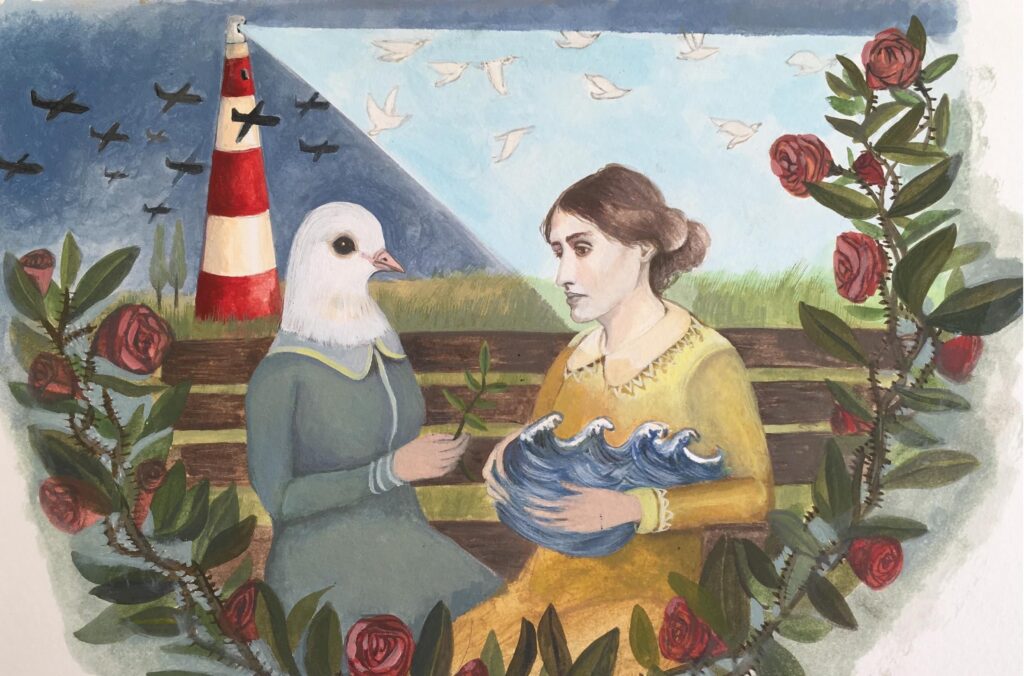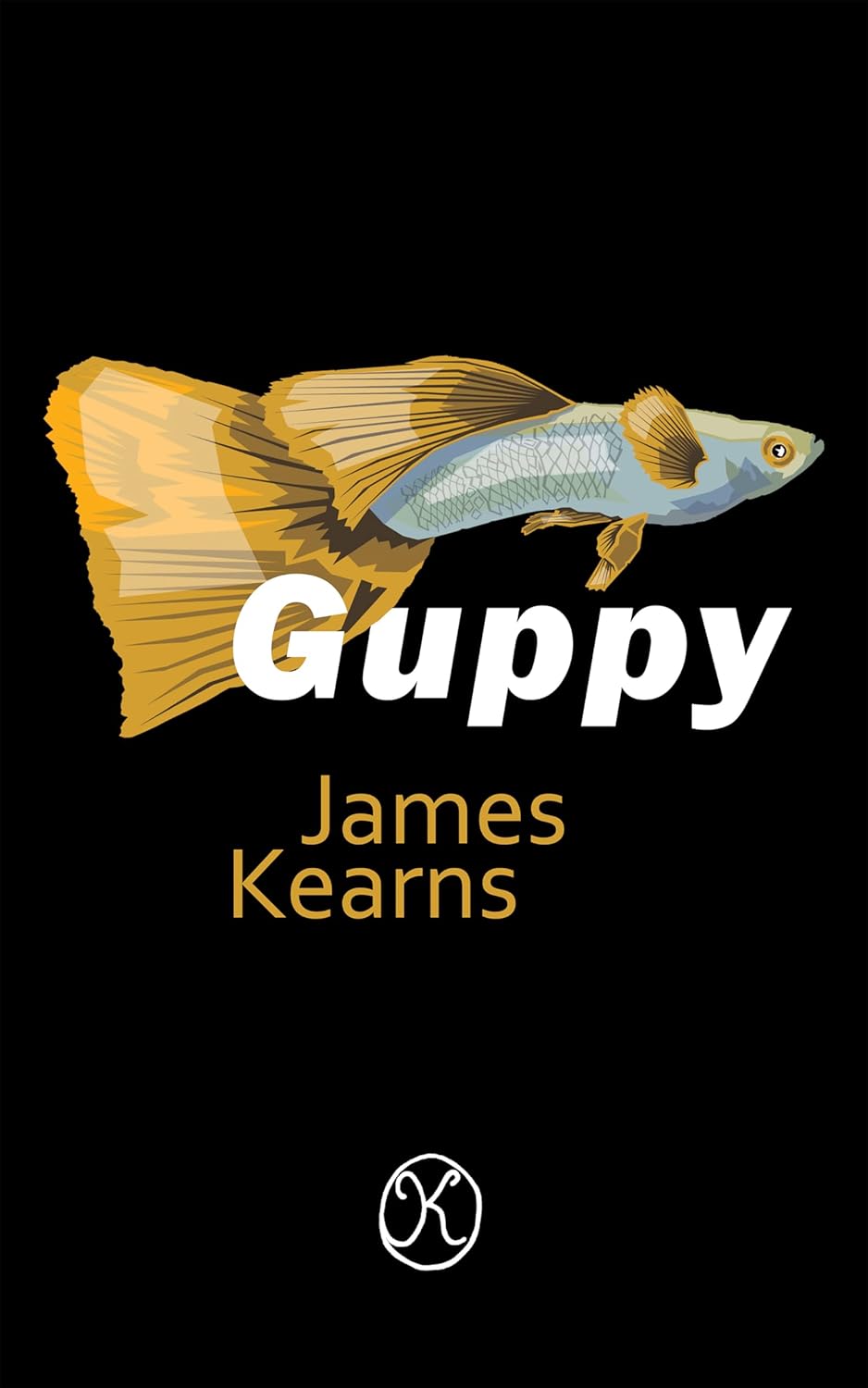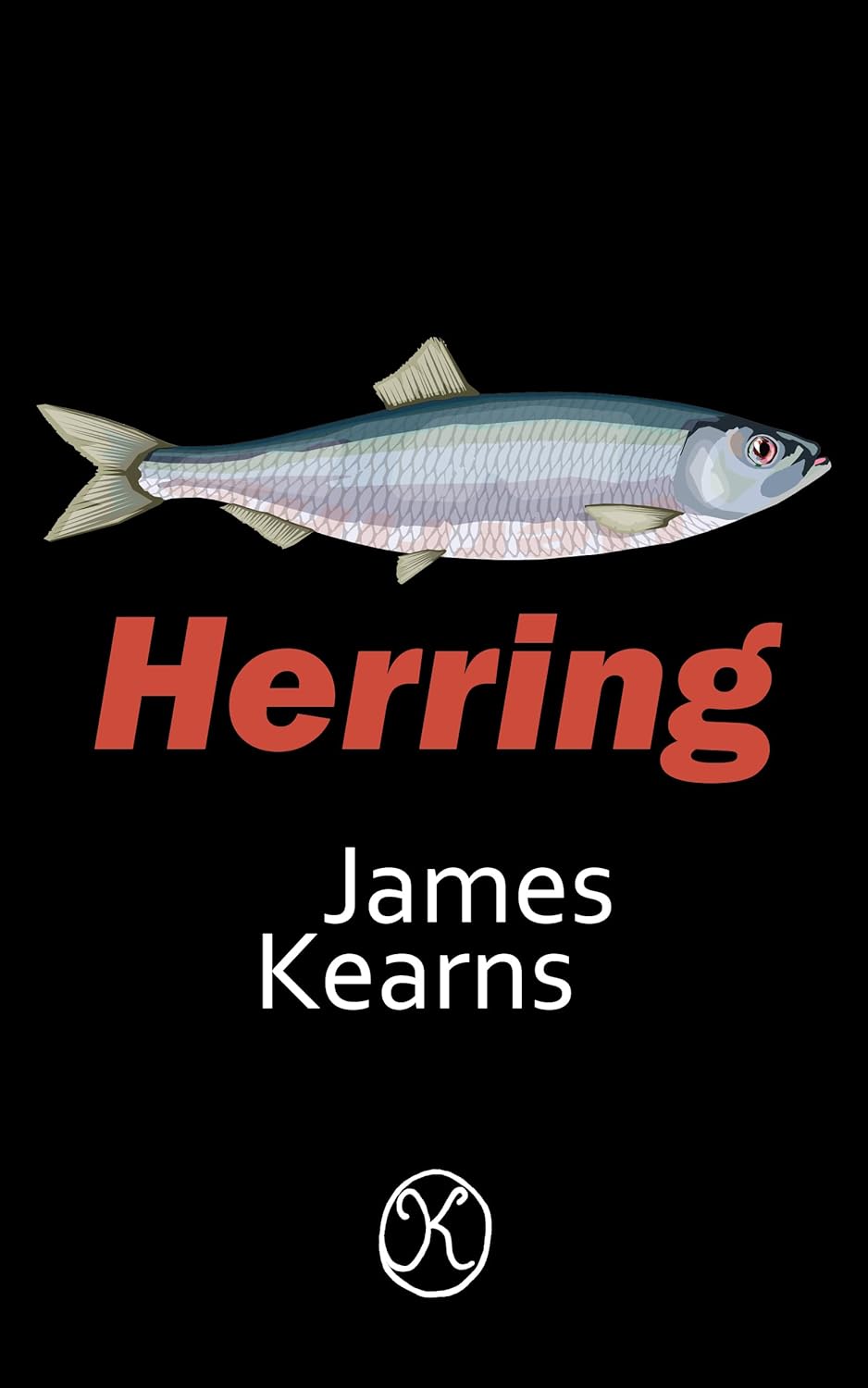James Kearns
Welcome! I am a researcher and writer based in Cornwall.
My work looks at literature through the modality of what it means to think. Is thinking emancipatory, for example? Is it especially human and, if not, what is thinking?
About Me
If thinking is something that happens, how is it that it leaves nothing behind? Thought like this – i.e., as something that leaves no trace – how can an event without a structure to capture it, provide us with an opportunity to account for it or to describe the work of (for example) the writer of novels, short stories, poetic works or, for that matter, the intellectual thinker engaged in varieties of scholarly works?
Thinking, then, is eventful but how do we capture it?
In The Life of the Mind, Hannah Arendt states that “[t]hinking is out of order because the quest for meaning produces no end result that will survive the activity, that will make sense after the activity has come to its end.” Rather brilliantly, she suggests that seeing as “thinking implies withdrawal,” it also acts “as an instrument of escape.” That thinking might be an “instrument” may give us pause for thought. Are we any nearer to knowing what thinking is?


Publications
Scholarly Activity
I was called as a barrister at the Honourable Society of Middle Temple in 1997, specialising in both Criminal and Family law at the Inns of Court School of Law, Gray’s Inn Place, London. At present, I am a registered university teacher at the University of Plymouth, and a part-time lecturer in Contextual Studies and the Dissertation module at the University Centre Cornwall College.
I hold a Post-Graduate Diploma in Law from the University of Westminster, a Master’s Degree in English Studies from the University of Exeter, and I received a Ph.D. from the School of Society and Culture at the University of Plymouth. My doctoral research focussed on how Virginia Woolf’s fictions theorise the abundance of detail overflowing the thing we call “normal” consciousness. The flux of information that might otherwise remain merely marginal, fleeting, and unfolding in the world is (I argue) provided with a central position in Woolf’s novels and so brings forth the cognitive value of art.
Virginia Woolf's Microgenesis: Mental States and Conceptual Worlds (due 2025)
As part of the Routledge Studies in Twentieth-Century Literature Series, I am under contract with Taylor & Francis to write a monograph, presently titled Virginia Woolf’s Microgenesis: Mental States and Conceptual Worlds. Virginia Woolf is a theorist; she is a theorist of an overarching modality of “wholeness”


